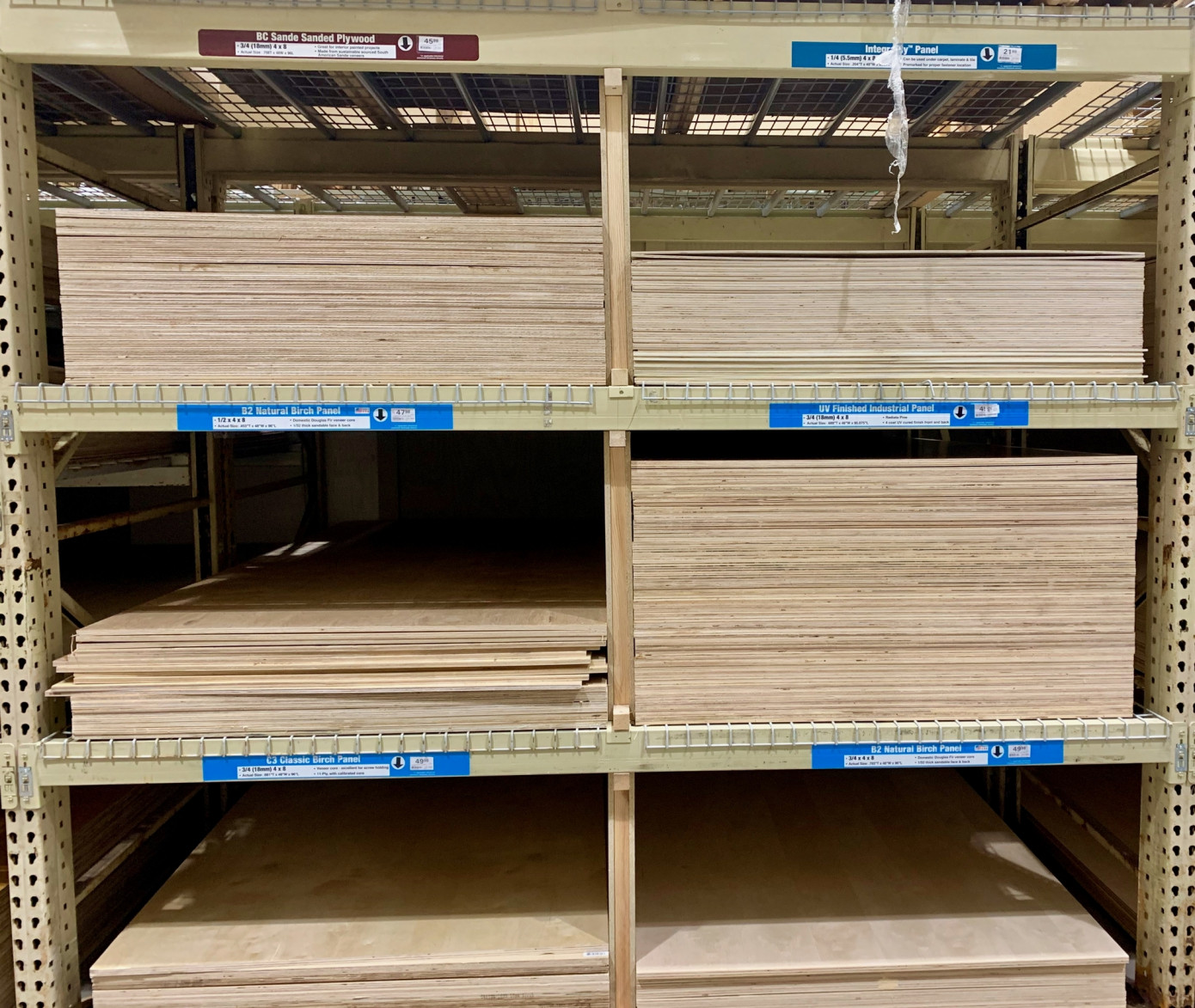Long-lasting trade impacts could result from legislation passed last week in the U.S. House of Representatives that would end "normal trade relations" with Russia and increase tariffs on imports of birch plywood to 50%. This creates challenges for importers and potential opportunities for domestic manufacturers, says Decorative Hardwoods Association in a statement.
Russia was the third-largest source of U.S. hardwood plywood imports in 2021, exceeding 567 million square feet worth more than $334 million. In addition, more than 653 million square feet of birch plywood was imported from Vietnam last year—much of it using birch from Russia.
Ten percent of U.S. hardwood plywood in 2019 was directly supplied by Russia. Indirectly, Russia may account for 20% of U.S. hardwood plywood consumption, as plywood manufactured by major producers like Vietnam and Indonesia may use logs harvested in Russian forests. Furthermore, Russian plywood may use illegal timber and be subject to penalties under the Lacey Act, says Decorative Hardwoods Association.
The association will discuss this topic at the DHA's annual meeting in Nashville, TN in May.
